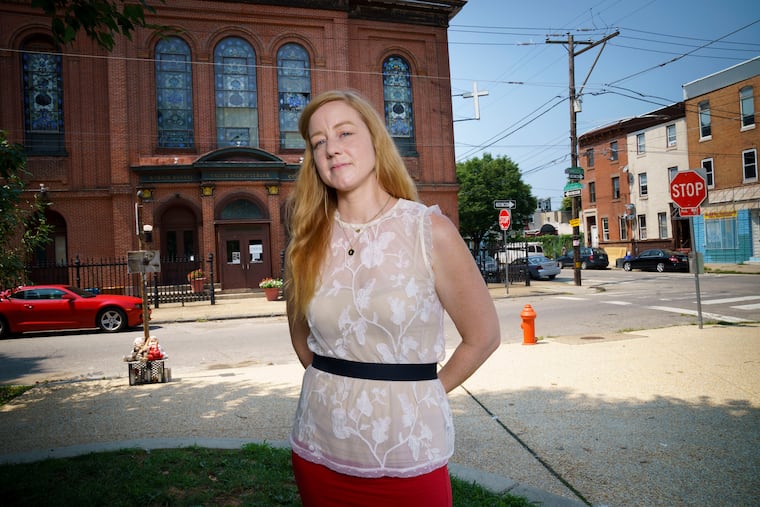Abortion debate is a reminder that those with disabilities are worthy of life
By dismissing the lives of people with disabilities, abortion-rights activists undermine their own narrative.

Imagine being pregnant and a doctor telling you that the child you carry has a disability. Imagine that they tell you this disability is a strong reason to obtain an abortion, even later in pregnancy. Imagine that disability is something like clubfoot. Imagine being the mother and choosing an abortion.
Now, imagine you are a person who lives a completely functional, active, and productive life with clubfeet and hearing all of this.
I was born with clubfeet in 1978. When I recently read about a woman who chose to abort her fetus because doctors said the child might have clubfoot, I felt physical pain — a twisting between my ribs in the middle of my chest. I cannot imagine it was an easy decision for this family, but the idea that fetuses identified as having disabilities can serve as a sole reason for abortion is one that I can’t understand.
» READ MORE: As Roe v. Wade is threatened, Inquirer readers respond
I have made my career advocating for the rights of people with disabilities as well as working on issues surrounding prison reform, workers’ rights, and living wages for women. This is work I do internationally, work I have been recognized for. I don’t say these things because they make my life more valuable. Yet, in many ways, all that I do is tied to an idea that I must prove my life worthy of living because I have a disability.
This month, I was reminded all over again of how “unworthy” my life is to other people when Politico shared a leaked draft of a Supreme Court opinion that would overturn Roe v. Wade, the landmark ruling that legalized abortions. Many abortion-rights activists argue that this issue is about health care and autonomy. They also say that, in the case of disability, a mother should be allowed to terminate her pregnancy.
This dialogue is based on a false idea that disabilities are prisons. That our lives are worthless. That we are “other.” It excludes us from the conversation about health care and autonomy, even though we are constantly forced to fight for ourselves to be seen as independent and in control of our own lives.
By dismissing the lives of people with disabilities, abortion-rights activists undermine their own narrative that this fight is about health care and autonomy. What they really mean is that the fight is for those who are pregnant, not for the people who will be born.
This assumption that there is no happiness in a life with a disability is false. I am here to tell you that even through the worst pain — physical, emotional, and psychological — there is profound joy.
But it is no wonder there is a narrative among some who believe in the right to abortion that a life with a disability is simply not worth living.
In 2017, Iceland reported it had nearly eradicated Down syndrome. They did this by counseling those pregnant with fetuses suspected to have Down syndrome to have abortions. Advocating for the “eradication” of disability is advocating for the eradication of an entire vibrant, meaningful, and joyous culture.
The truth is that everyone with a disability contributes positively to society. As our country debates whether abortion should be legal, I urge everyone to remember that those of us with disabilities have a right to live our lives freely — and that our existence is legitimate.
Aja Beech is an author and organizer. She is currently working toward a master’s of legal studies at Fordham University. authorajabeech.org